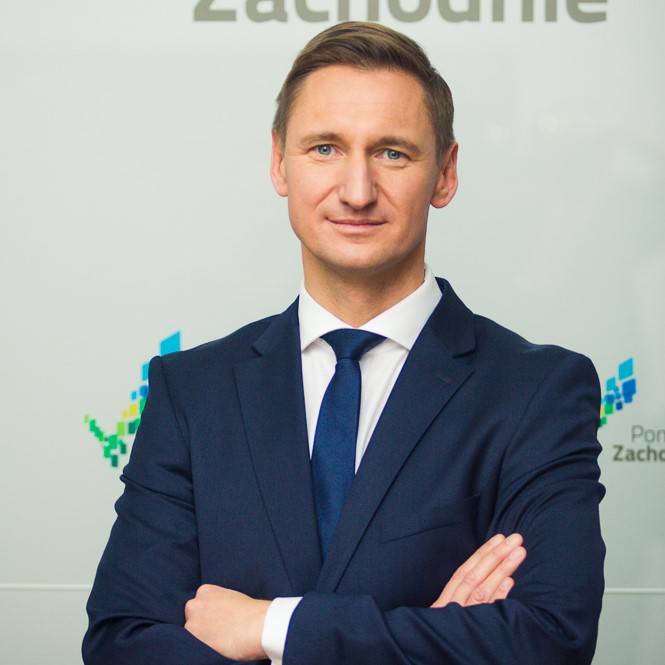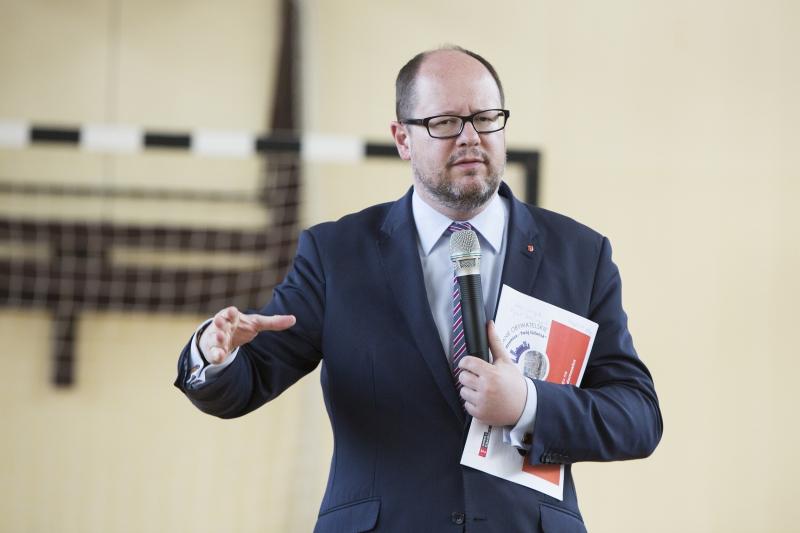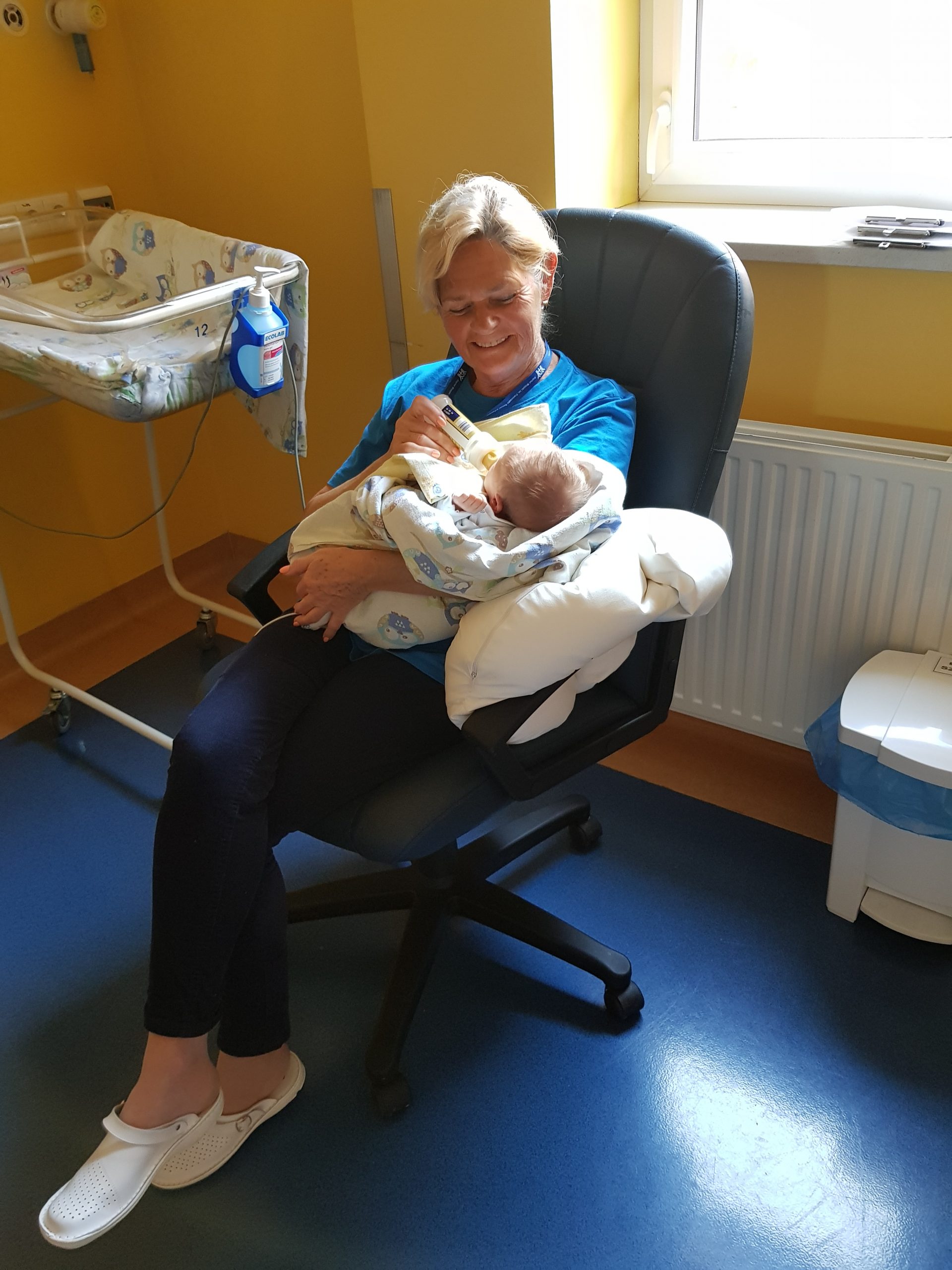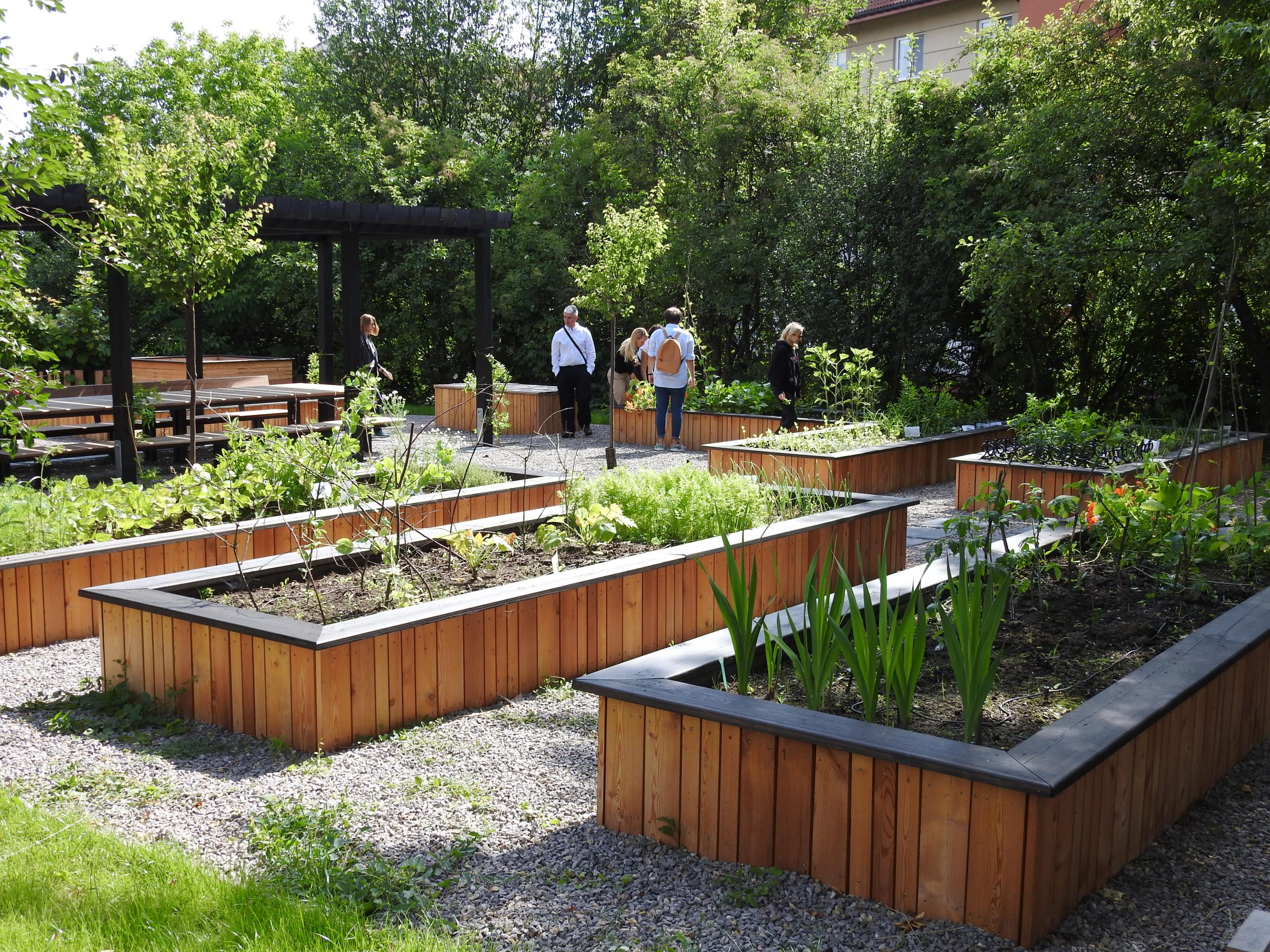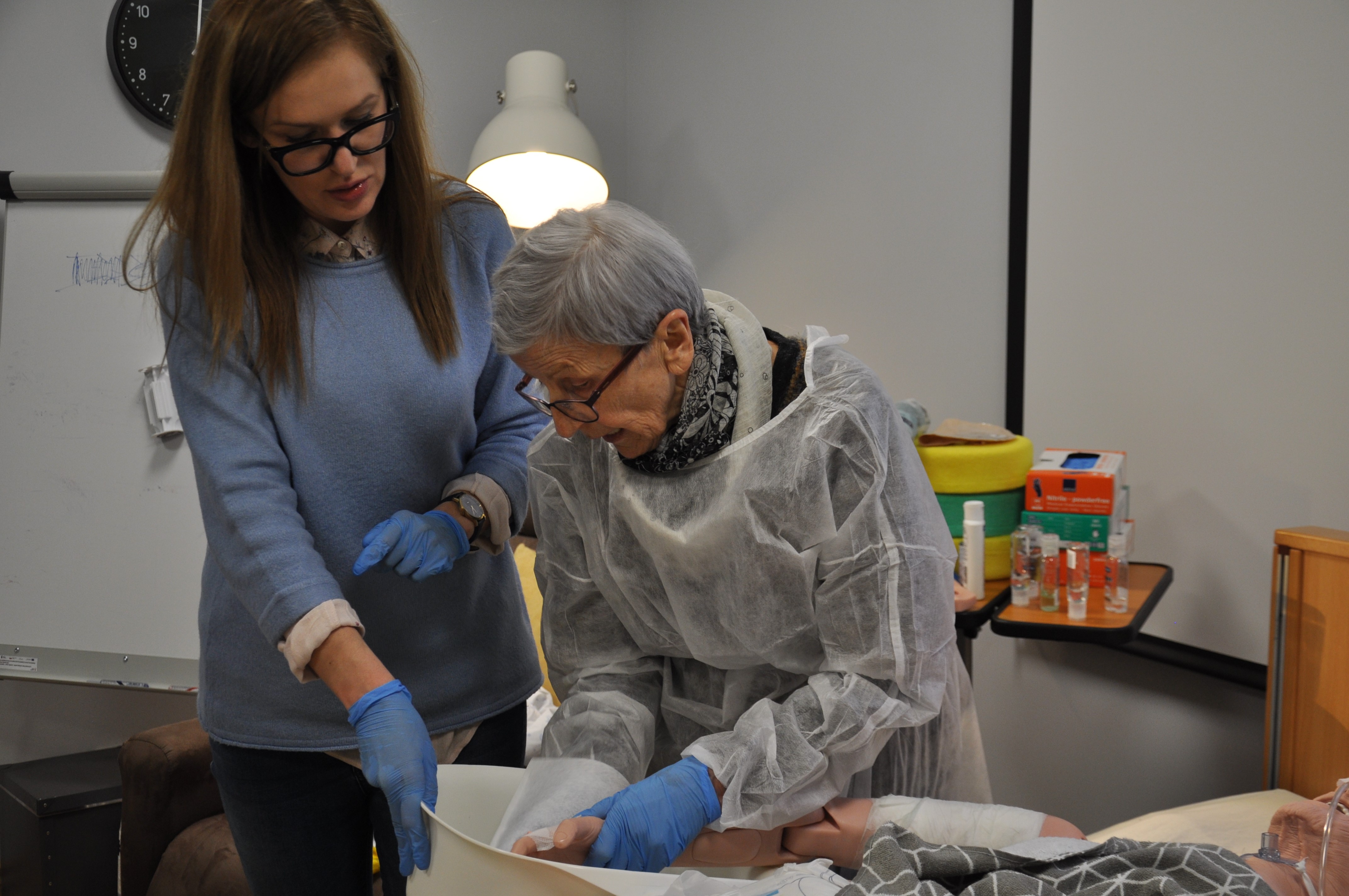
A coordinated network of local caregivers and service providers supports those most in need: the elderly, the disabled, the ill, and their families.
PARTNERSHIP FOR THE MOST DIFFICULT SITUATIONS IN LIFE
This project addresses people in the most difficult life situations: those who are disabled, chronically ill, or elderly. The project partners with the Science for Environment Foundation Koszalin and the district government, with the cooperation of Caritas units from Szczecin and Koszalin.
COORDINATING THE COMMUNITY'S EFFORTS
The aim is to build a network of local caregivers for people in need of help. Local caregivers are trained using a simulated apartment. The assistance team trains the family and neighbours on how to correctly assist the beneficiary, either in their own home (when possible) or in a simulated apartment in Szczecin. This project has also led to the launching of two rehabilitation-equipment rental services, so that disabled people can order a device (e.g. a lift) that will be delivered to their home. In addition, two respite apartments have been built in the district where disabled, sick, or elderly people can receive temporary professional care. The Tele-Services IT programme is an innovative tool that links people in need of a service with those who can provide it (carers, as well as hairdressers, or rehabilitators, etc.), thus coordinating the community’s efforts to care for those in need.
SERVICE SYSTEMS BENEFIT YOUNG AND OLD
Sustainable development of the local community means equal access to social services, taking care of the natural environment, and balancing demographic processes. Within the project, the quality of life of the most disadvantaged people (disabled, sick, elderly) is improved through access to services. The exclusion of the families of the sick and disabled is prevented by creating self-help groups and by giving them access to knowledge and new technologies in support services. Excessive environmental pollution, such as that caused by the daily delivery of services from remote locations, is reduced by activating local neighbourhood service systems. In addition, the emigration of young people from small towns for work is avoided, as they can now find work which also benefits the needy in their local environment.
